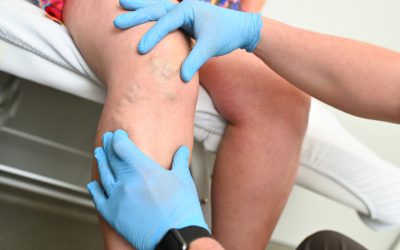Pets need regular medical care just as much as people do, and this includes vaccinations. While it may seem needless to take dogs and cats into the vet every year for shots, it is actually something that can save the lives of pets. When they are vaccinated, pets are protected from a number of diseases, including rabies, upper respiratory issues, and feline leukemia. Most vets recommend that dogs and cats be vaccinated every year. This includes indoor cats, because even though they are not going outdoors, people are tracking dirt in on their feet, and they could be tracking in germs that will cause the cats to become ill.
When it comes to vaccinating dogs at a Veterinary Clinic, there are two types of vaccinations. These are core and non-core vaccinations. All dogs should have the core vaccines, which are for the most common ailments in dogs, and animals that are susceptible to certain illnesses should have the non-core vaccinations. The core vaccinations dogs need are for distemper, parvovirus, rabies, and adenovirus. Non-core vaccines are for such problems as kennel cough and lyme disease.
Puppies younger than six weeks of age should not be vaccinated. This is because they have already received antibodies from their mothers. Usually, most people get their dogs vaccinated at the same time that they take them in for spaying or neutering, which is around three to four months of age. But, it is recommended that they actually have their first shots at six weeks old, then have their booster at the time of the spaying and neutering at the Veterinary Clinic. A benefit to doing this is that the earlier a puppy starts visiting the vet, the more likely it is to not mind going.
Some people are under the misconception that vaccinations are actually dangerous, and can cause pets to have health problems. It is actually extremely rare for any pet to have an adverse reaction to vaccinations. Occasionally a pet will have an allergic reaction to the vaccinations, which will require immediate treatment.


